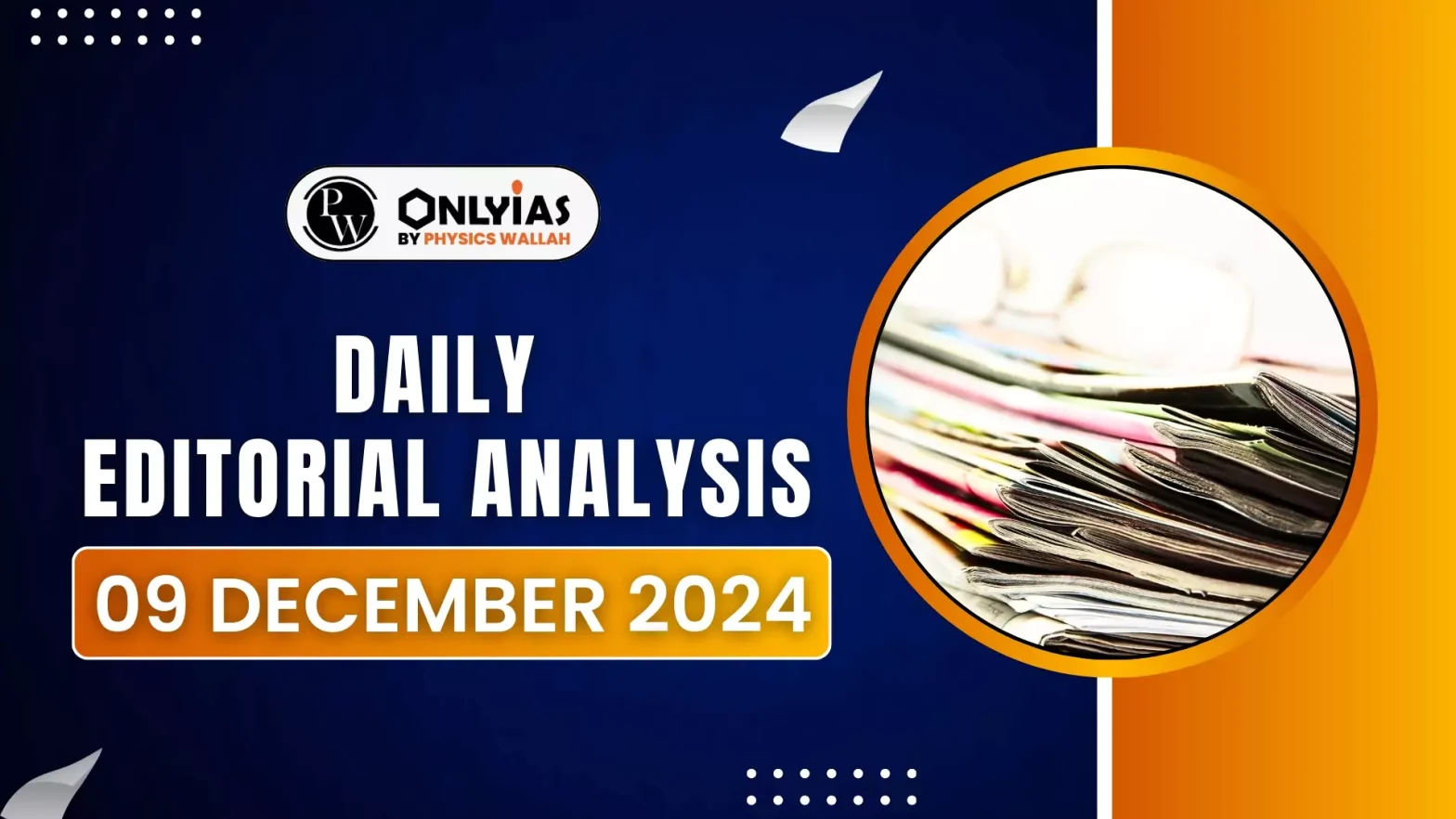The modern education system is critiqued for delaying life milestones, with prolonged academic preparation often leaving individuals unprepared for real-world challenges. Practical skills and quicker paths may be more effective.
Comparison Between Then and Now
- In the past, it was common for people to settle down and achieve traditional life milestones early. People learned basic life skills like farming and cooking, married young, started families, and life followed a relatively predictable trajectory.
- However, this reality has shifted significantly today.
- Then:
- Bhagat Singh: At just 23 years of age, he sacrificed his life for India’s independence.
- Alexander the Great: Conquered West Asia and defeated the Persian Empire at an age when many today are still completing their undergraduate studies.
- Albert Einstein: Made groundbreaking discoveries in physics and built a family before the age of 26.
- Now:
- Many people in their 30s or 40s are still “figuring things out,” delaying milestones such as starting a career or a family.
Enroll now for UPSC Online Course
Reasons for delay in traditional milestones
1. The long path of Modern Education System(10+2+4+2 Model): Modern education often requires an extended commitment:
- 10 years of schooling.
- 2 years of senior secondary education.
- 4 years of undergraduate studies.
- 2 years of postgraduate studies.
Despite spending over 18 years in formal education, many individuals still feel unprepared for real-world challenges. This raises concerns about the efficiency and effectiveness of such a prolonged system.
2. Limited Practical Relevance
- Disconnect Between Education and Job Skills: Subjects like advanced chemistry (e.g., aldol condensation, Cannizzaro reaction) may have limited practical application in most professions.
- Skill Gaps in the Workforce: Many argue that a 12th-grade graduate with six months of targeted skill training can sometimes perform tasks as effectively as MBA graduates.
- Real-World Challenges Remain: Even after studying complex topics, graduates often struggle with tasks like participating meaningfully in workplace meetings or achieving sales targets.
3. The Global Comparison Pressure
- Earlier Generations: People compared their achievements within smaller, localized groups, such as family or close community members. Once they felt satisfied with their accomplishments, they moved forward.
- Modern Era: The internet and platforms like LinkedIn have created global peer groups.
- Today, people compare themselves to top performers featured in news stories or celebrated online, often leading to heightened pressure and dissatisfaction.
4. The Discipline and Rigor Argument
- Proponents’ View: Supporters of the modern education system argue that it instills discipline, rigor, and critical thinking, which are universally valuable skills.
- Reality Check: While these intangible benefits are real, they often fail to bridge the gap between academic success and real-world readiness.
- Feeling of Emptiness: After years of education and incurring student loans, many individuals privately question the value of their education, feeling disillusioned or unfulfilled despite their academic achievements.
5. The Shift to Overeducation and Unemployment
- Mismatch of Education and Employment: Expanding formal education created overqualified individuals for manual jobs but left them ill-prepared for white-collar roles.
- While a select elite thrived in specialized fields or abroad, the majority faced unemployment, underemployment, and delayed life milestones like stable careers or starting families.
| One possible reason for this delay is the increase in life expectancy due to advances in modern medicine.
While we now live longer, the author advocates that the productive years of our lives might not have necessarily expanded proportionally. Hence, postponing traditional milestones is risky. |
Check Out UPSC CSE Books From PW Store
What needs to be done?
- There is a growing call to reconsider the traditional education model, which demands years of preparation but often leaves people feeling unprepared well into adulthood.
- A more balanced approach—integrating practical knowledge with academic learning—could help individuals achieve their goals more efficiently, without unnecessarily delaying important life milestones.
Conclusion
The traditional education path requires rethinking, as excessive years of theoretical learning often delay personal and professional milestones. A practical, real-world approach is essential to better align education with success and readiness for modern challenges.
![]() 9 Dec 2024
9 Dec 2024
